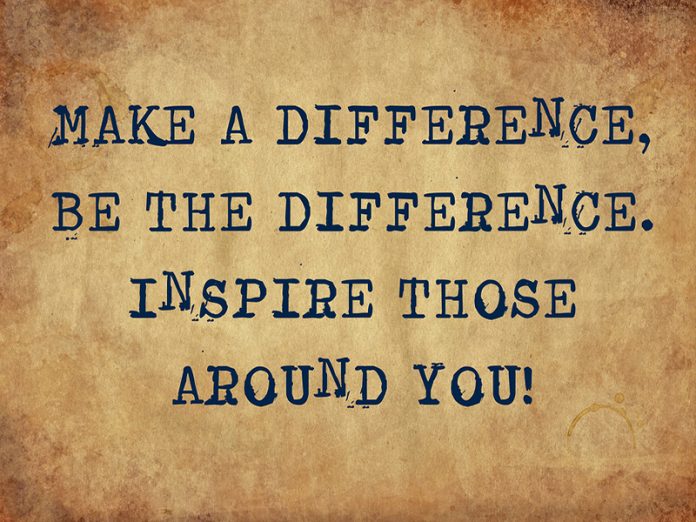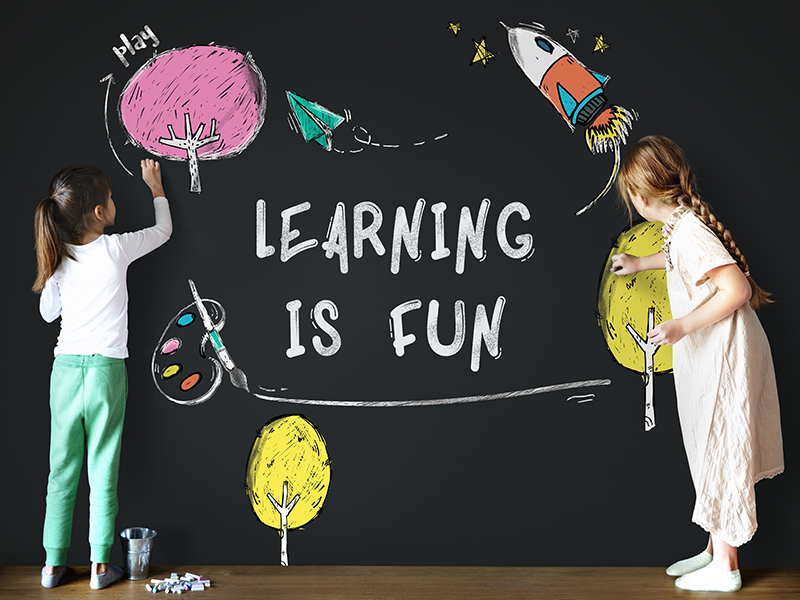Success is made up of people. In your personal life, the people surrounding you and sharing your day-to-day considerably affect your path of growth.
At the micro-level, they even affect – as we’re all well aware – our daily moods. The values you uphold, the kind of person you become, the things you want to achieve. In our professional lives, our interactions with the people we work with also shape the decisions we make and the attitudes we maintain.
SEEbtm is the result of all of us who take part in its creation, of our readers, as well as of the suggestions, comments, and praise that we welcome and appreciate. In recent years, SEEbtm has become richer for articles written by Dragana Deh, MSc Psychology and Systemic Psychotherapist. Sadly, Dragana left us in September this year. They say that a single sentence or advice at the right time can change people’s lives. Through the articles she wrote for our ma g a zine, which embodied her expertise and the subject matter she covered, we believe that she succeeded in helping readers and giving them guidance. If that was true for at least one person, then our and her goal was fulfilled. And that is why there’s always a reason to smile. And to say thank you. In honor of that, we bring you fragments from Dragana’s past articles that we think might come useful as an expert’s advice, support, or opinion.
What is Important for Good Communication
Clear, open and direct communication is the rule of exactly every good relationship, and thus of the operations as well.putlockers Understatement, ig no ring, “incompetence” or a lack of desire for active listening, lack of collaboration ability, ambiguity, so-called “double messages” (the messages of the opposite/different meaning at the level of verbal and nonverbal communication), individual but unspoken decision to change the plan(s) and operation, are only small parts of what we call unhealthy communication.
Success is a Result of a Good Team
From the perspective of psychology, success nowadays is usually measured through a possession of “three hot intelligences”, namely: social, emotional and practical. Someone holds in his character one or all three of those as highlighted, but, also, all of those can be learned, trained, brought to high level of functionality.
One’s Own Uniqueness and Uniqueness of Others
Stems from Feeling Love or Recognizing Likeness It is true that we are unique, but the breadth of our insights into our own uniqueness and uniqueness of others stems from feeling love or recognizing likeness. When we realize this, uniqueness will become a mirror for recognizing those we love or aspects we love, and get from others – whether they be artists, athletes, bosses, or random passersby.
Setting the Boundary Between Real and Virtual
Being extreme and exclusive can rarely bring benefit to one’s life. These very standpoints encompass the risk of losing the human element or, in the opposite case, failing to exploit the powerful potentials of technology. It would certainly be useful to switch from the either/or attitude to the both/and stance and accept that virtual reality is the one we live in, but that it should not be the only place where we exist and act.
By Helping Others, We Actually Help Ourselves
By helping others, we actually help ourselves, whether we recognize it as the driving motive or not. Noble acts boost self esteem and trigger the “mechanism” of nobility that
every – again, average – person has. A call to humanity can have different names assigned by the modern age. All these names, or meanings, essentially represent paths towards the same goal, which is to stay human in every situation. Taking care of loved ones, as well as others, when we have the opportunity, because willingness should exist in all of us. Being and remaining a noble and worthy per son means far more than mere success or survival, far more than philosophical questions.
Sensitive topics, as well as topics that in a way touch upon issues of discrimination (practice often shows desirability of male/female roles, but many other topics are also present), can easily be overcome through the principles of games. Starting from the basic principles of the team’s strengths that are based, among other things, on (professional but also basic human) trust, all the way to achieving high productivity levels in work, as well as gratification and satisfaction after the accomplished, all of the steps can be accompanied by certain “games”. The circumstance that employees who more or less work together intensely in fact don’t know each other can take a toll in productivity, and turn the profits of the company.
SEEbtm Magazine’s Team








































 Srpski
Srpski English
English